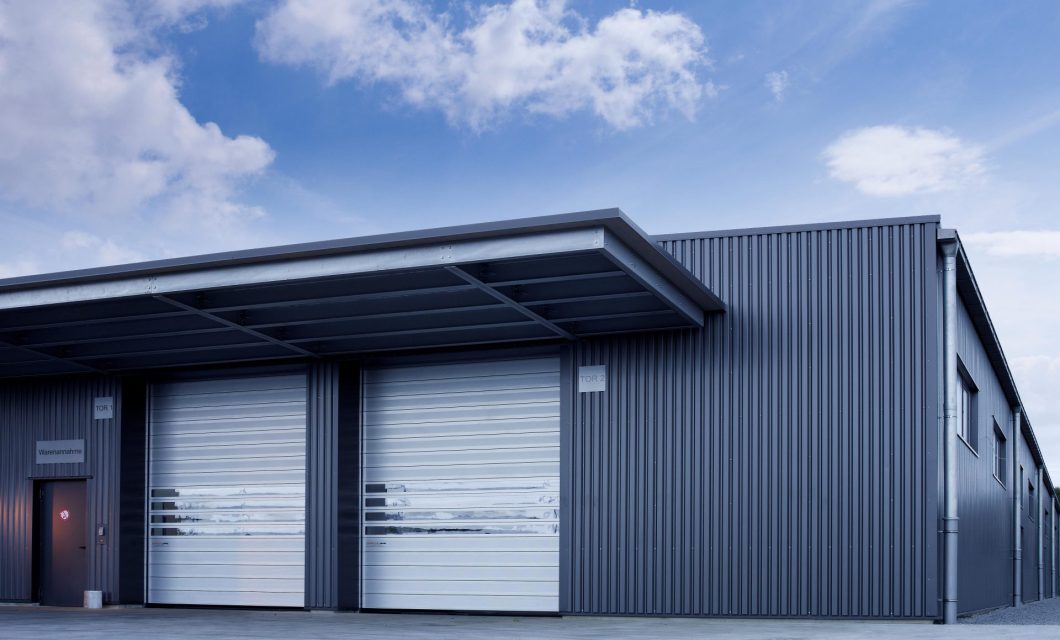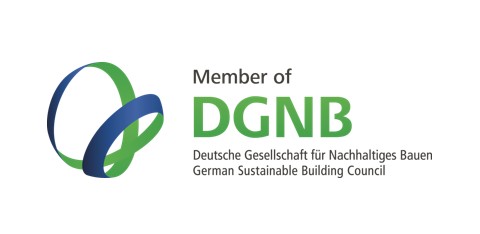
Focus on Sustainability: EFAFLEX Becomes New Member of DGNB
The industrial high-speed doors from world market leader EFAFLEX contribute to building sustainability in many ways. This is now further emphasised by the company’s membership in the German Sustainable Building Council (DGNB).
The high-speed door opens incredibly fast and almost silently, allowing vehicles or people to enter before closing immediately behind them. This process takes place millions of times every day across Germany with EFAFLEX high-speed doors.
Since April 2025, EFAFLEX Tor- und Sicherheitssysteme GmbH & Co. KG has been a member of the German Sustainable Building Council (DGNB), one of the world’s leading organisations for sustainable construction.
“We are delighted to now be part of the growing DGNB family as a manufacturer of industrial high-speed doors. The sustainability of our doors, as well as the energy savings achieved through daily use, underline our commitment to greater sustainability in construction,” explains Jan Hauffe, Head of Business Intelligence and Sustainability at the door manufacturer.
“We are pleased that the sustainability network has gained another partner in the DGNB’s new member EFAFLEX to jointly drive forward the sustainable transformation of our society,” says Johannes Kreißig, CEO of DGNB.

EFAFLEX High-Speed Doors Contribute to Saving Energy and Reducing Emissions
EFAFLEX is the world market leader in industrial high-speed doors. The company’s doors from Bruckberg near Munich stand out in buildings and façades with excellent insulation and high speeds of up to 4.0 m/s. The potential energy and emission savings are made visible on the company website via the EFA-EnergySaver, with data independently verified.
EFAFLEX high-speed doors also offer a long service life of ten years or more, delivering thousands of door cycles per year.
DGNB Provides a Platform for the Sustainability Quality of Products
Since 2007, the non-profit association has been committed to promoting sustainability and climate protection, as well as encouraging the responsible use of resources in the construction and real estate sectors. This involves not only the use of reusable building materials but also, for example, reducing energy demand.
The DGNB works with a holistic approach that considers ecological, economic, and sociocultural aspects. These define both the sustainability of buildings and the products used within them. In addition to DGNB certification for buildings and districts, the DGNB offers builders, planners, and architects access to information on the sustainability quality of individual building products via the freely accessible digital platform DGNB Navigator. With over 2,700 member organisations, the DGNB is the largest network for sustainable building in Europe.
This network has now gained a new member with EFAFLEX, which makes buildings more sustainable right from the first opening of their high-speed doors.

